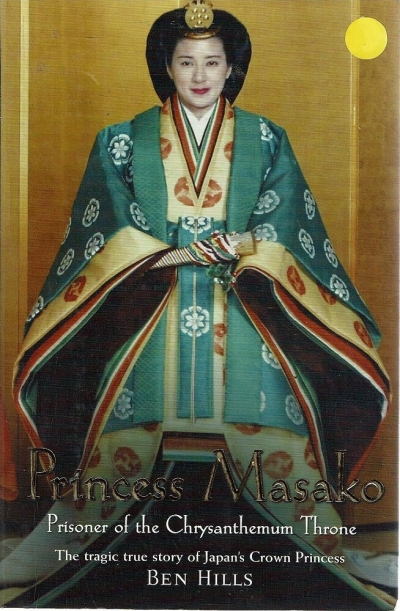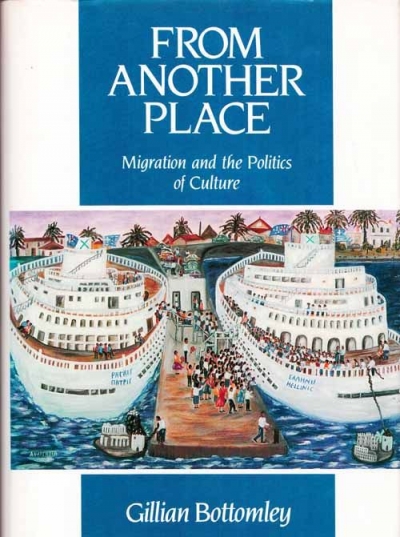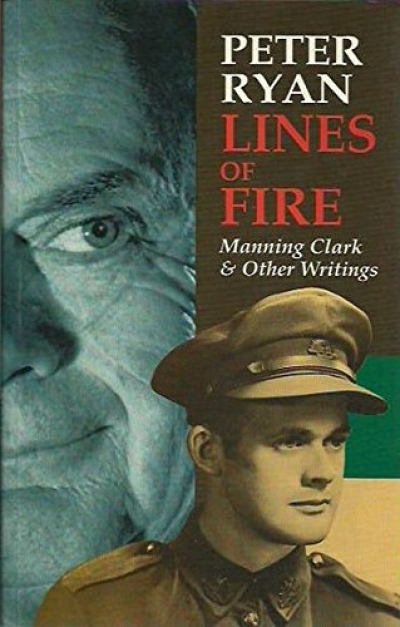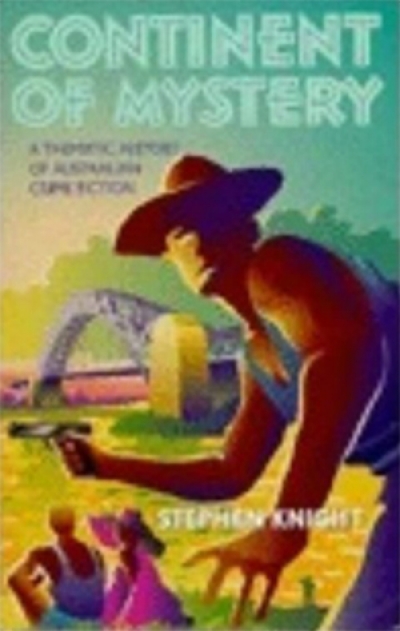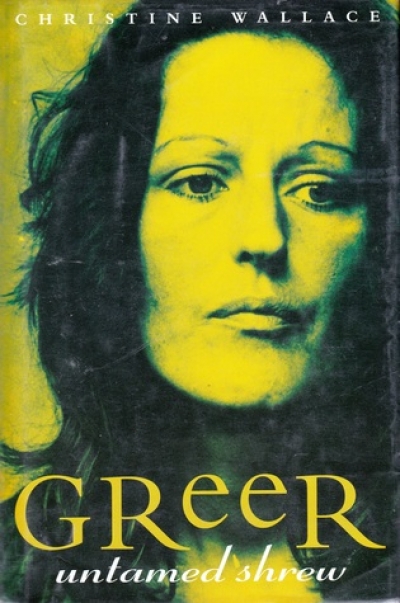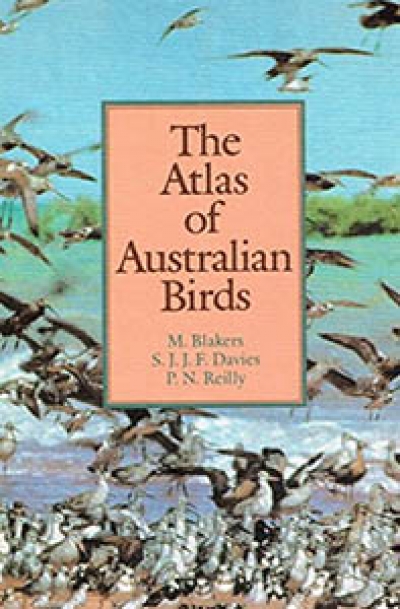Archive
Film | Theatre | Art | Opera | Music | Television | Festivals
Welcome to ABR Arts, home to some of Australia's best arts journalism. We review film, theatre, opera, music, television, art exhibitions – and more. To read ABR Arts articles in full, subscribe to ABR or take out an ABR Arts subscription. Both packages give full access to our arts reviews the moment they are published online and to our extensive arts archive.
Meanwhile, the ABR Arts e-newsletter, published every second Tuesday, will keep you up-to-date as to our recent arts reviews.
Recent reviews
When I heard I was on a literary panel called ‘Dialogues with the Past’ I was struck by a very familiar feeling, well beyond déjà vu. The sort of feeling best described by Barry Humphries as having the anticipatory excitement of dancing with your mother. In this country, it seems, the Good Old Past is always trotted out for one more waltz.
There has to be a reason for our having a session called something like ‘Dialogues with the Past’ at every literary festival in Australia. What is it with us and history? We’re always being told we lack confidence in the here and now. How much do we still need the past, preferably the nineteenth century, to confirm for us who we are and why? Do we just think we do? We do seem to have – and I certainly include myself in this – an overriding concern with questions of national identity.
... (read more)

